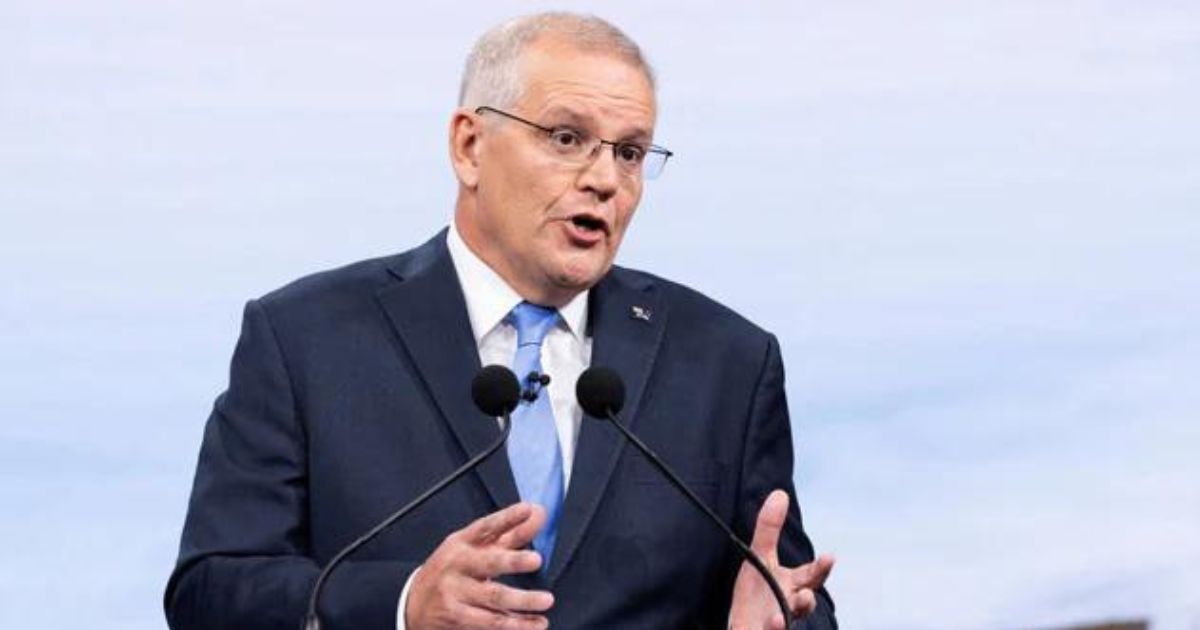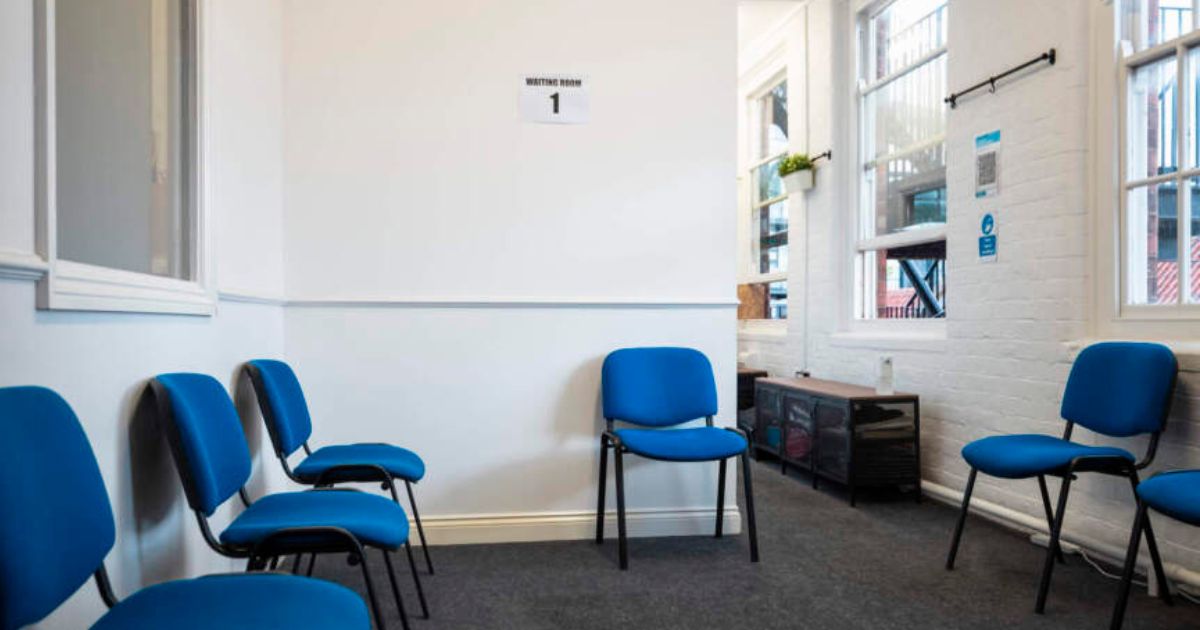Israel is grappling with an unprecedented mental health crisis, considered the most severe since its inception, following recent traumatic events. The mental health system, already under strain, is now facing an overwhelming surge in distress calls, leaving facilities with months-long waiting lists.
The aftermath of the October 7 killings has triggered a significant rise in mental health cases, with one in three individuals directly or indirectly affected by the wars at risk of developing posttraumatic disorders over the coming months. This news report delves into the current mental health crisis in Israel, examining the challenges faced and the proactive measures taken to address the situation.
The Overwhelming Demand:
Psychiatry experts in Israel are sounding the alarm, highlighting that the country is in the midst of an unparalleled mental health crisis. The distress hotlines, particularly ERAN’s, have been flooded with an extraordinary level of distress calls, exceeding 100,000, an unprecedented surge since its establishment.
Families and friends of those affected by the recent traumatic events, including kidnappings, injuries, and fatalities, are seeking urgent mental healthcare, overwhelming the already strained system.
Health Maintenance Organizations (HMOs) Struggle Due to Unprecedented Mental Health Crisis:
Health Maintenance Organizations (HMOs) in Israel, crucial components of the healthcare system, are grappling with a sharp increase in mental health inquiries.
Clalit Health Services, representing over half of the country’s population, reports significant spikes in psychiatric drug usage by 25%, anxiety-related cases by 52%, and post-trauma diagnoses by 45%. The surge in mental health cases has created a demand for urgent intervention and support.
Proactive Measures by Clalit Health Services:
In response to the escalating mental health crisis, Clalit Health Services has taken proactive steps to expand the mental health system’s capacity. Efforts include the integration of therapists into areas experiencing longer wait times, particularly in peripheral regions.
Moreover, Clalit has initiated Israel’s first resilience coach training programs to bolster the number of professionals capable of providing psychological help.
The Resilience Coach Program:
Clalit Health Services’ resilience coach program aims to train individuals with a bachelor’s degree in psychology and social work, clinical year medical students, psychology interns, and expressive/creative therapists without prior experience in mental health issues.
These trained professionals will offer symptom-focused support, prevention skills, and referrals for mental health treatment when necessary. Trainees are integrated into Clalit’s mental health system from the inception of their training on a part-time to full-time basis.
Challenges and Urgent Actions:
Eli Cohen, CEO of Clalit, emphasizes the need for swift and urgent actions in response to the increasing number of mental health inquiries.
The initiative aims to enhance responsiveness to present and future challenges while upholding the highest professional standards. The mental health crisis poses significant challenges, but the proactive measures instill hope for a relatively swift recovery to normalcy for those affected.
Crisis Intervention Initiatives:
The Shalvata Mental Health Center, affiliated with Clalit, has implemented several new initiatives to address urgent cases and minimize waiting times. Crisis intervention teams for youth now offer online therapy to children and adolescents in crisis. Additionally, the Crisis Intervention service provides short sessions of focused online interventions to reduce unnecessary waiting periods.
Geha Mental Health Center’s “Olympia” Center:
Last month, the Geha Mental Health Center, part of the Clalit group, inaugurated the Olympia Center—a trauma and crisis treatment facility. The center offers trauma-focused interventions, including cognitive-behavioral therapy, trauma-focused group therapy, neurofeedback, and virtual reality-based treatments. It caters to individuals displaced from affected areas, providing a quick and professional therapeutic response.
In conclusion, Israel is contending with an unparalleled mental health crisis, exacerbated by recent traumatic events. Clalit Health Services and its affiliates are taking proactive steps to increase the availability of psychiatric services, build the capacity for resilience coaches, and initiate crisis intervention programs.
The objectives include addressing emergency cases promptly, shortening queues at clinics, and ensuring the provision of rapid and effective psychological help to those affected. Despite significant challenges, these measures offer hope for a relatively swift recovery to normalcy for those grappling with the aftermath of the crisis.








Leave a Reply
You must be logged in to post a comment.